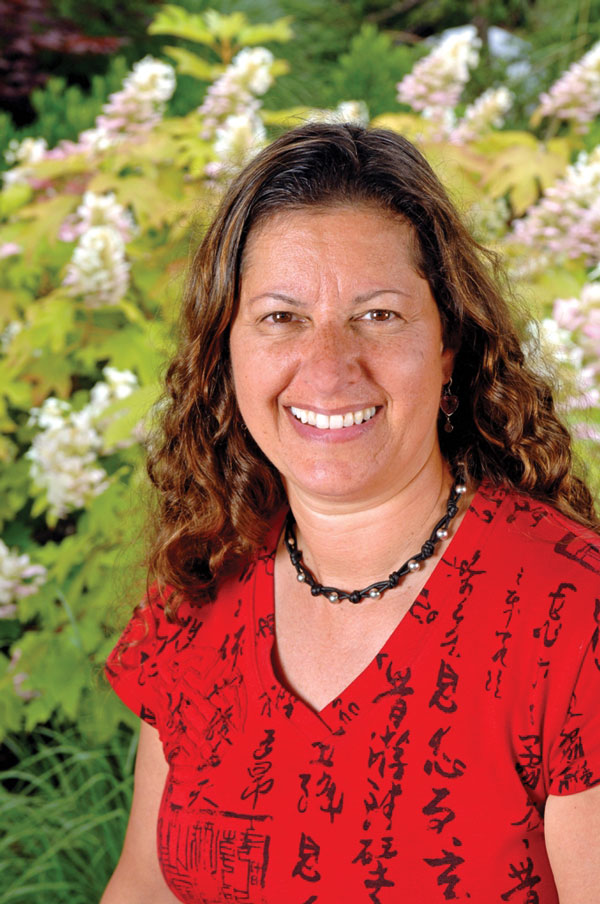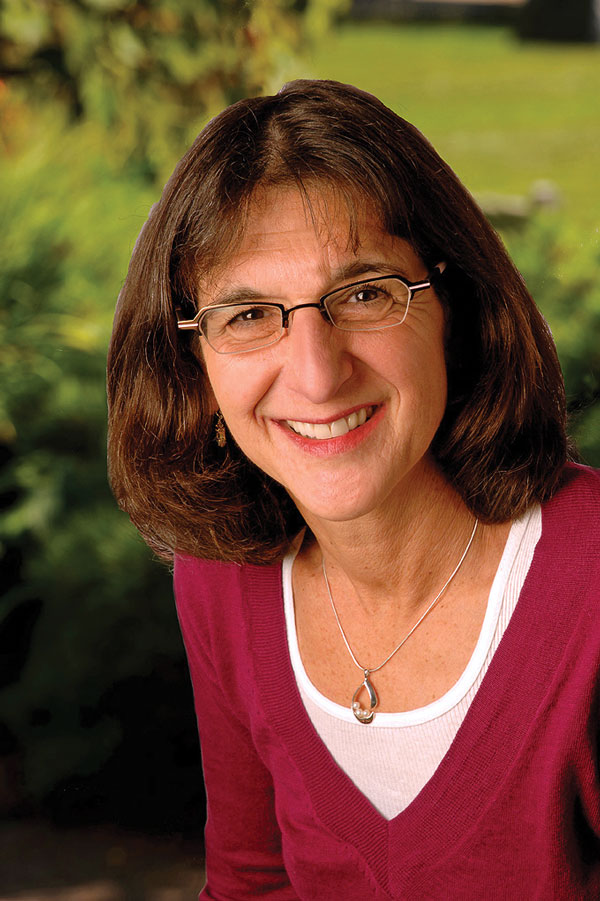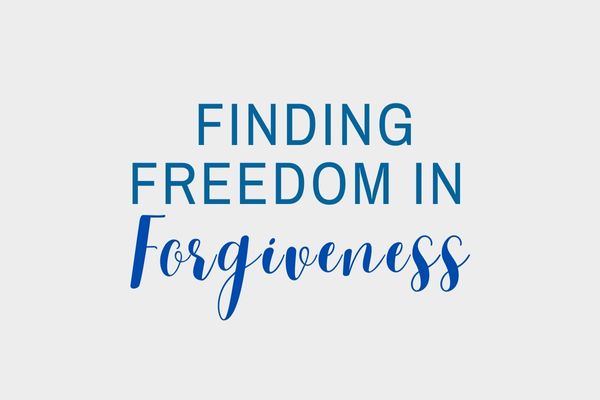Finding Freedom in Forgiveness
by Mary Fisher Bornstein, LISW-S, and Betsy Kohn, MA, PC
We started studying the idea of forgiveness after watching a show on television in which the state of West Virginia caught a serial killer who had been killing women for 20 years. At the end of his trial, the judge offered the victims’ families an opportunity to speak to the killer. Several of them, in tremendous emotional pain, screamed at the man saying they hoped jail would be a life of hell for him.
The last person to speak was an elderly woman who had lost her daughter. In paraphrasing, she said this:
I forgive you for killing my precious daughter because now you have been caught and can’t hurt anyone else. You have run my life for the last 20 years, and now I am free. I can let go of the hatred that has consumed me, forgive you, and live in peace again.
We were struck by her calm presence, as it was in direct opposition to the all-encompassing hate and anger displayed by the other families. This got us thinking about the amazing power of forgiveness and the freedom that it can bring.
What is forgiveness?
When thinking about forgiveness, consider the following:
- Does it mean forgetting what has happened, does it mean reconciliation, or does it mean that you are weak and easily manipulated? No.
- Does it mean you have let go of resentment and anger, that you are able to be present in the moment, or that you are willing to find a new way of understanding a situation? Yes.
- At different times in your life you may choose to forgive yourself, someone else, or a power greater than yourself.
Forgiveness is a process. It is a choice you make each day, and maybe even each moment, throughout your life. When you don’t forgive, you can get stuck in a place that doesn’t allow you to move forward. For people on the cancer journey, forgiveness can become particularly important as people start to reflect on their lives.
How can I learn to practice forgiveness?
First, find a ritual or practice that gives you serenity – something like prayer, meditation, or yoga. Have patience; forgiveness takes time and courage. Ask for guidance from those you trust, and, if necessary, seek professional help. You may take a step backward on your journey to forgiveness, but if you’ve been incorporating forgiveness into your everyday life, you will not fall so far that you find yourself back at the beginning.
Be kind and gentle with yourself. Practicing forgiveness is worth the effort, as forgiveness can help you move toward a healthier, happier, freer life.


Mary Fisher Bornstein and Betsy Kohn are counselors at The Gathering Place, a cancer support center in Northeast Ohio. For more information or to contact the authors, visit touchedbycancer.org.
This article was published in Coping® with Cancer magazine, July/August 2016.


